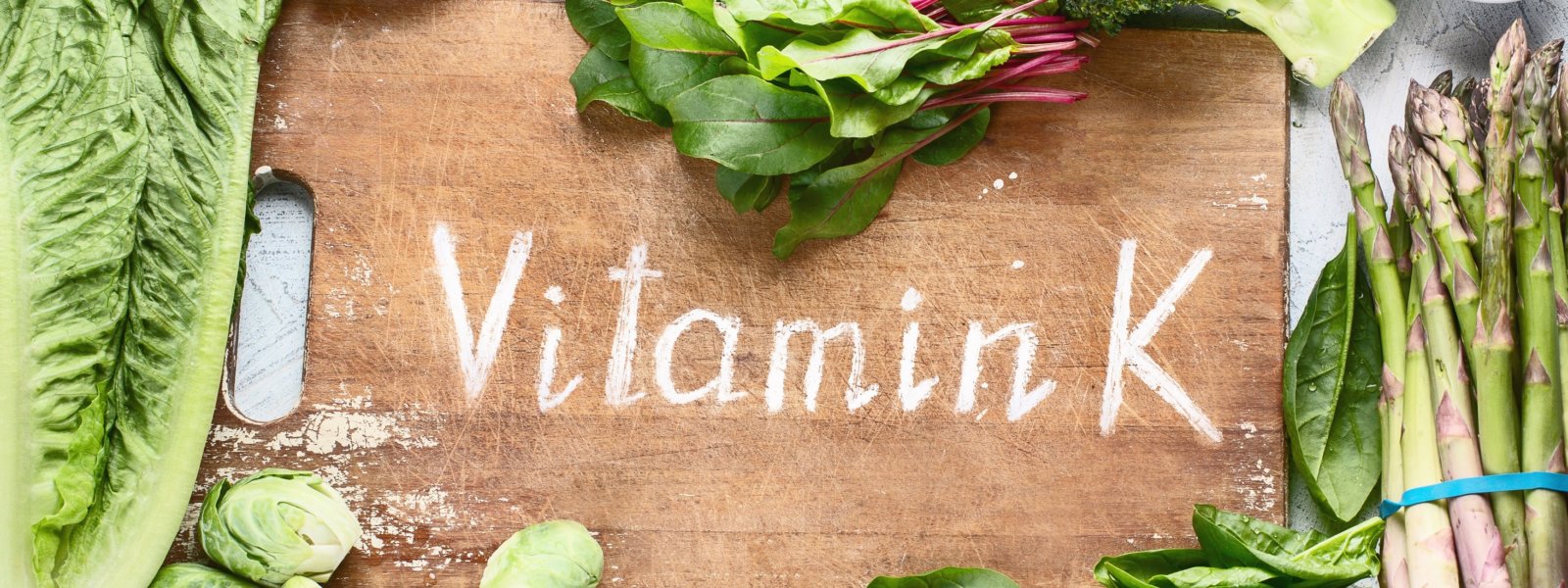What you need to know about warfarin and vitamin K
Some people with PH take a blood-thinning medication called warfarin, which works by interfering with the body’s ability to use vitamin K to form clotting factors (substances in the blood plasma which are involved in clotting processes). As some foods are rich in this vitamin, it’s important to know which to avoid. Shaun Clayton, a certified nutritionist and the PHA UK’s Director of Operations and Finance, explains more.
Disclaimer: The information I am about to give you about warfarin and its interaction with vitamin K-rich foods is based on general knowledge around the subject. But remember, medical advice can change as new research comes in.
I want to stress that the information I’ve provided isn’t a replacement for talking to your
specialist team. They’re the ones who can give you the best advice tailored to you and your
situation. So, before you make any changes to your diet, especially when it could impact any
of your medication, it’s important to seek advice from them first. They’ll be up-to-date with
the latest guidelines and can give you advice that’s right for you.
Your health situation is unique, so always follow the guidance and recommendations your team
suggests when it comes to taking warfarin or making any adjustments to your diet.
What we know
What we know
Warfarin is a blood-thinning medication used to prevent blood clots. It works by interfering
with the body’s ability to use vitamin K to form clotting factors. Therefore, it’s important to be mindful of your vitamin K intake when taking warfarin, as too much or too little vitamin K can affect the medication’s effectiveness.
Foods to limit your intake of
- Leafy greens: Spinach, kale, collard greens, Swiss chard, turnip greens, mustard greens,
and broccoli are rich in vitamin K. - Brassica vegetables: Brussels sprouts, cabbage, cauliflower, and broccoli are high in
vitamin K. - Herbs: Parsley, cilantro, basil, and other green herbs contain significant amounts of
vitamin K. - Green tea: Green tea contains vitamin K and can potentially interfere with warfarin.
- Soy products: Soybeans, tofu, and soy-based products may have moderate levels of
vitamin K.
Foods to consume in moderation
- Fruits: While most fruits have minimal vitamin K content, some like blueberries,
blackberries, and raspberries have slightly higher levels. - Avocado: Avocado has a moderate amount of vitamin K.
- Fats and Oils: Oils like canola, olive, and soybean oil contain small amounts of vitamin K.
The importance of consistent vitamin K intake
The key with warfarin is to maintain a consistent vitamin K intake. This means that if you’re
consuming foods rich in vitamin K, try to do so in a consistent manner. If you suddenly
increase or decrease your vitamin K intake, it can affect your medication’s effectiveness.
Alcohol and warfarin
Alcohol can also interact with warfarin and may increase the risk of bleeding. If you consume alcohol, it’s important to do so in moderation and discuss it with your healthcare provider.
Remember, the goal is not to completely avoid vitamin K-rich foods, but rather to maintain a
steady intake so that your healthcare provider can adjust your medication dosage
accordingly. It’s crucial to communicate with your doctor or healthcare provider about your
diet, as they can provide personalised recommendations based on your specific health
situation and medication dosage. Always follow your healthcare provider’s guidance and
recommendations while taking warfarin.
















